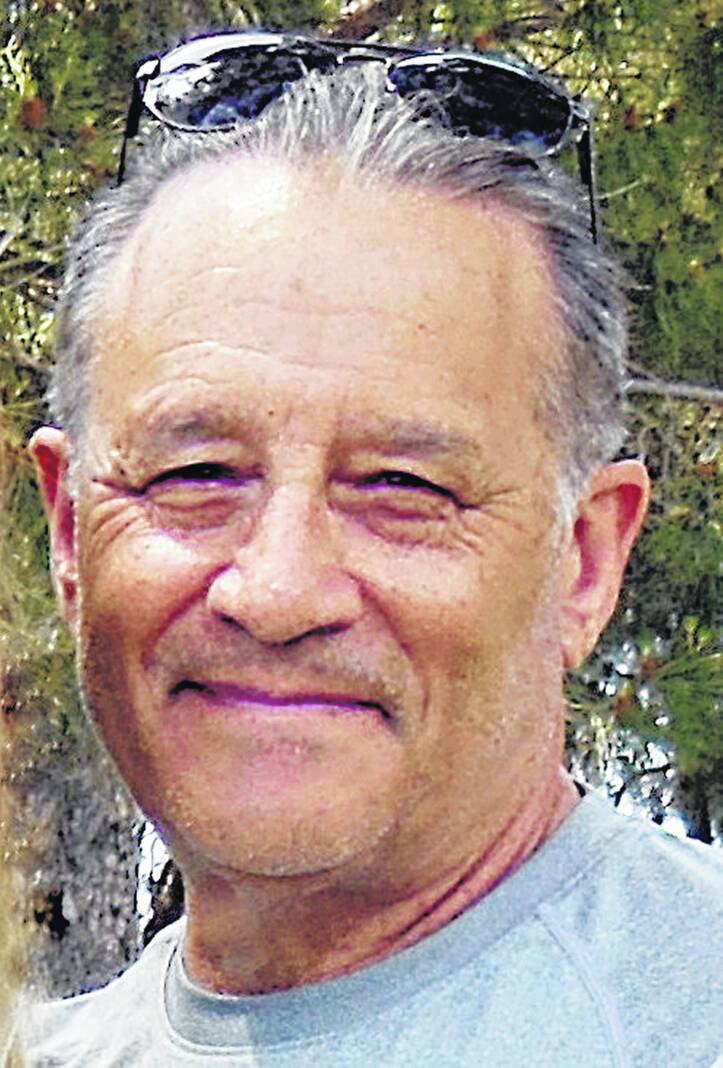
Abraham Lincoln’s famous prophecy to America was that “A house divided against itself, cannot stand.” It was not a prophecy made as president but as a young politician just receiving his party’s nomination to run for the U.S. Senate from the state of Illinois. He was referring to a country sharply divided over slavery. It was a warning about the existential consequences to the soul of a young nation where all citizens, by declaration, were created equal. It was, and still is, a work in progress, especially for African Americans, Chinese and women. He feared for the ill effects such division would have on the body politic of America.
Now, 164 years later, one wonders what President Lincoln would think of the deep divisions infecting the body politic of today’s America?
It doesn’t take a forensic clinician or an outsider looking in to see the corrosive effects of such deep divisions. In a recent “60 Minutes” interview, comedian Trevor Noah was responding to questions about his first impressions of the United States, coming from poverty in South Africa. He said he was struck initially by his perceptions of anger and hatred between and among differing segments of American society. This from a young bi-racial man raised in a country renowned for apartheid.
The underlying roots of our divisions are likely related to multiple factors. I think of today’s digital dystopia of misinformation and disinformation. I think of podcastings ideologues who pretend to be functionaries of news when in fact they are nothing more than well-marketed performance acts. Sociologically our divisions may be related in some ways to the breakdown of the institution of the family. They may be manifest in our obsessions with the soulless nature of artificial intelligence and digital technology.
It belabors the obvious, however, to say that the divided America we all feel is also characterized by the so-called culture wars, racism, enlarged income disparities, and a political landscape where hyper-partisanship is valued more than truth, ethics, morality or the heritage of our carefully cured 246-year-old democracy.
Guns divide us. Vaccinations divide us. Gender issues divide us. Climate change divides us. Systemic racism divides us. Government’s role in women’s reproductive health divides us. The sanctity of our elections and the independence of our judiciary divides us.
To check the box that says America is deeply divided along racial, religious and ideological lines would be automatic for most Americans if polled on the question. Yet what is the most troubling about this nearly universal agreement on a divided America is that there seems to be an almost willful indifference among so many as to how destructive these consequences are to our nation and the world.
Separate from these domestic divisions, this is a time when American democracy is being challenged by authoritarians around the globe. It’s a time when climate change threatens the very existence of our planet. It’s a time when “capitalism without democracy” is being proffered by many dictators and Third World nations as the governing solution for our times. It’s also a time when climate change, hunger, war and drug warlords are forcing huge migrations, refugees and asylum seekers across political boundaries.
Yet domestically, we are a nation riven with conspiracy theories, political cults, and zero-sum gottcha politics where being a winner and making the 24-hour news cycle trumps solutions to these colossal problems.
We present as a nation exalting in the extravagance of what divides us, not in what unites us. We seem to struggle as a nation in living up to our ideals. Sigmond Freud called this behavior the “death drive,” the annihilation of the self through character flaws. Again I’m reminded that character is destiny.
If there’s anything more frustrating than senseless culture wars and political death spirals it’s apathy, the indifference to it all by so many. It’s a “who cares?” mentality where many Americans seem to be determined to avoid unpleasant realities, escaping into the fantasy worlds of the Kardashians, or how many “likes” we got on our latest Instagram, Facebook or Twitter tweets while we sip on our super-venti flat-white almond-milk lattés.
As we grapple with a divided America, the real question for those who want to preserve our nation’s foundational ideals, who want us to continue to be the global exemplar of constitutional democracy, who want our nation to lead the world in solutions to 21st century problems, the real question for us who worry over the future of everything is, can we actually be what we complacently tell ourselves every day that we are?
Abraham Lincoln teaches us today what he tried to teach the nation decades ago, that a house divided against itself cannot stand. It’s a death spiral.
Zero-sum politics is a cancer to the body of our nation. The country can only find a path to recovery by putting aside inconsequential social and political behaviors, relegating them to the same trash bin of the misguided and wasteful “Roaring Twenties.”
Frivolous minds are a devil’s workshop. The antidote is simple. Collectively, what we need as a nation is the fortitude and focus that comes from the hard work of solving real problems.
Bill Sims is a Hillsboro resident, retired president of the Denver Council on Foreign Relations, an author and runs a small farm in Berrysville with his wife. He is a former educator, executive and foundation president.


